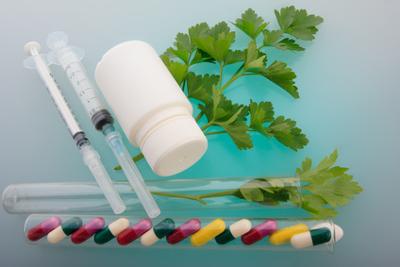What Are Normal Cholesterol Levels?
Cholesterol levels are determined by a blood test showing how much of each type (good and bad) that you have in your bloodstream. Knowing what normal is will depend on your age, your sex and the country you reside in.
What’s considered to be a good level for a child would be considered off for an adult and vice versa. Some countries measure cholesterol using a different grading (such as the metric system) than other countries.
Standard is to check the levels in milligrams. You might see a reading that shows 160 mg/dL on your results. That means that your cholesterol is at 160 milligrams in a liter of blood.
Because of the abundance of fast food and sedentary lifestyles, even young children can become affected with high cholesterol. While some of it can be passed down through the family genes, usually when a child’s weight creeps up to an unhealthy level, they get the same health risks for their heart and other organs that an adult does.
The damage done to the heart in childhood can cause problems once they grow up. To treat this condition in children, lifestyle changes including diet and exercise are recommended.
If your doctor orders a complete blood count (CBC) blood test, you’ll see it listed as lipoprotein measure. Cholesterol levels are viewed as a whole (known as total cholesterol) and then broken down by high density lipoproteins (HDL), low density lipoproteins (LDL), very low density (VLDL) and triglycerides.
Your total cholesterol should not be above 200 mg/dL. If it is and it hovers in the 200-239 range, that means you have some mild health risks. Once the range reaches greater than 240, you have what’s considered high cholesterol and are at a strong risk for heart problems.
By breaking down the cholesterol test into portions, your HDL should be a minimum of 60 mg/dL. If your reading is below 40 mg/dL, then you don’t have enough HDL in your body to help fight against the LDL cholesterol.
The LDL level should be below 100 mg/dL. If it’s below 130, your doctor won’t be too concerned but if it starts to go above 160, that’s considered high. Your VDL cholesterol should not be above 30 mg/dL. If your triglycerides show that your reading is below 150 mg/dL, then you’re doing well. It’s considered a high reading when the level hits any number over 200 mg/dL.
Getting an abnormal reading for your cholesterol levels doesn’t mean that you’re stuck there. You can take steps to lower (or raise) your levels by being proactive with your health and reducing your risk of heart attack or other related diseases.
Changing your diet and adding a regular exercise routine is a great way to lower your risks. However, if your levels are already much too high, then you want to take vigorous steps to get those levels down as quickly as possible.
Warren Tattersall has been a full time nutritional consultant for over a decade and works with people all over the world to help them improve their health, increase their personal energy levels and to use supplements to assist with diet related health issues.
This site has many helpful tips about nutrition and free health plans to reduce your high blood pressure and help you with a healthy heart. Not only will you get valuable :cardiovascular problems health tips about fish oil for cardiovascular health.
To have a free personal consultation with him to learn how incorporating nutritional supplements may improve your health concerns just visit “The Health Success Site” and download the free health report available there, or email warren@TheHealthSuccessSite.com to request a personal one-on-one consultation by email or phone.
the A to Z directory of dealing with Health Problems & Self Care Strategies for natural remedies to your health issues.

Subscribe to get your weekly "Health Success Magazine" with a new complete & comprehensive Health Report in every edition!

to “Your Health Success”
our weekly F’R’E’E’ Newsletter
If you would like a free no-obligation private consultation or to contact Warren Tattersall for more information, please click here >> Contact Us

Click the books above to learn more about how we treat CFS naturally, to get your life back!
You will find many assorted Health Reports available for download free to you on this website!
Our free Health Success Reports are each available for you to download when you subscribe to receive them and their 7 part eCourse.
You can unsubscribe at any time, but we are sure you will want to receive all the email lessons of these informative ecourses.
Read more HERE to select the REPORT subjects of most interest (or concern) to you.









